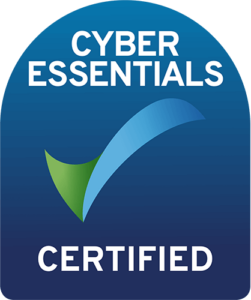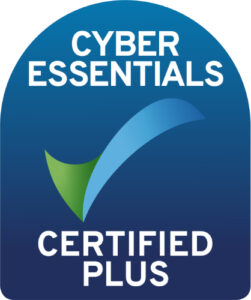To help as many businesses as possible, we are keen to share the key advice and learning from these conversations.
Reassuringly, moving to remote working can be achieved relatively simply, and may even have long-term benefits beyond the current crisis. Research conducted by the European Commission shows that there are many benefits to remote working including greater efficiency, improved staff retention and lower stress levels.
Richard Stathers, Director at Thinc said:
“We know there are lots of great tools out there that can facilitate home working and wider business continuity. Educating SMEs and giving them access to these tools is something that we’re working hard on, particularly at the minute”
“When I’ve been speaking to our customers about how they can grapple the potential impact of Coronavirus, I’ve been running through a simple guide to some measures that can be taken to facilitate home working”
- Collaboration tools – there are a number of tools that allow remote working – sharing documents, video conferencing, instant messaging. Microsoft are currently offering 6 months free subscription to its Microsoft Teams software. This provides video and audio conferencing from a laptop, desktop PC or mobile phone.
- Securing remote access to internal systems – critical to your business is ensuring that opening your internal systems to remote access does not introduce unnecessary risk. The standard approach is to facilitate access via a secure VPN (virtual private network) connection. In addition, we recommend two factor authentication to further safeguard access to critical internal business systems.
- Temporary mobile access – it’s important that if you are opening up access to home workers that you have protection from viruses, spyware & ransomware, especially if you are allowing access via employees devices. Take out additional anti-virus protection for those devices.
- Hoax, phishing emails and ransomware – ensure your teams are vigilant for malicious emails that pretend to offer advice from official organisations. IT Governance and KnowBe4 have courses that can help to educate you and your teams on these topics.
- Securing data – if employees are working remotely and possibly for some time, ensure that their work is stored on company servers so it is securely backed up. If remote workers can’t store their work on central servers, perform regular backups of laptops and desktops using a remote backup service. If you have sensitive company data outside your business, make sure paperwork is stored securely and electronic data is encrypted in case mobile devices are lost or stolen.
Our business is built on the principle that people’s performance can be amplified through technology. We believe firmly that human creativity and collaboration will enable companies to successfully navigate the challenges ahead.

